Health Sciences Comprehensive Respiratory Therapy Track
Bachelor of Science
The Health Sciences Comprehensive Respiratory Therapy Track at the University of West Alabama equips students with the necessary skills to excel as Registered Respiratory Therapists. Upon completion, graduates will qualify to sit for the Therapist Multiple Choice and Clinical Simulation exams, leading to the attainment of CRT and RRT credentials accredited by the National Board of Respiratory Care. Throughout the program, students will rotate through various hospital/clinical affiliates in Alabama and Mississippi to obtain the knowledge and skills necessary to function as Registered Respiratory Therapists. The demand for Respiratory Therapists is at an all-time high, especially in the wake of the pandemic. As highly skilled healthcare professionals, RTs play a crucial role in providing life-saving care and support to patients during these challenging times.
Visit the Academic Catalog or contact Program Director Jerry King at (205) 652-3475 or jking@uwa.edu for information regarding program admission requirements, prerequisites, course offerings and more.
Program Facts
On-Campus
Fall, Spring and Summer semesters
123
Accreditation
The University of West Alabama Respiratory Therapy Program – CoARC #200669, awarding a Baccalaureate of Science in Health Sciences Comprehensive Respiratory Therapy Track in the School of Health Sciences and Human Performance, holds Provisional Accreditation from the Commission on Accreditation for Respiratory Care (www.coarc.com). This status signifies that a program that has been granted an Approval of Intent, has demonstrated sufficient compliance to initiate a program in accordance with the Standards through the completion and submission of an acceptable Provisional Accreditation Self Study Report (PSSR), completion of an initial on-site visit, and other documentation required by the CoARC. The conferral of Provisional Accreditation denotes a new program that has made significant progress towards meeting the Standards of Accreditation. The program will remain on Provisional Accreditation until achieving Continuing Accreditation. It is recognized by the National Board for Respiratory Care (NBRC) toward eligibility to the Respiratory Care Credentialing Examination(s). Enrolled students completing the program under Provisional Accreditation are considered graduates of a CoARC accredited program. CoARC accredits respiratory therapy education programs in the United States. To achieve this end, it utilizes an ‘outcomes based’ process. Programmatic outcomes are performance indicators that reflect the extent to which the educational goals of the program are achieved and by which program effectiveness is documented. CoARC Programmatic Outcomes Data webpage can be found at: Programmatic Outcomes Data – CoARC – Commission on Accreditation for Respiratory Care
Academic Calendars
Request More Information
Career Outlook
Respiratory therapy stands as a vital profession in healthcare, ranked #12 in terms of job outlook. With a mean salary of $70,540 and a projected growth rate of 13%, the field promises both financial stability and ample opportunities for advancement. Respiratory therapists play a crucial role in diagnosing and treating patients with respiratory issues, from asthma to chronic obstructive pulmonary disease (COPD). As the demand for healthcare services continues to rise, driven by an aging population and increased awareness of respiratory health, the need for skilled respiratory therapists will remain robust. This career path offers a rewarding blend of compassionate care and technical expertise, making it an attractive option for those seeking a fulfilling profession in healthcare.
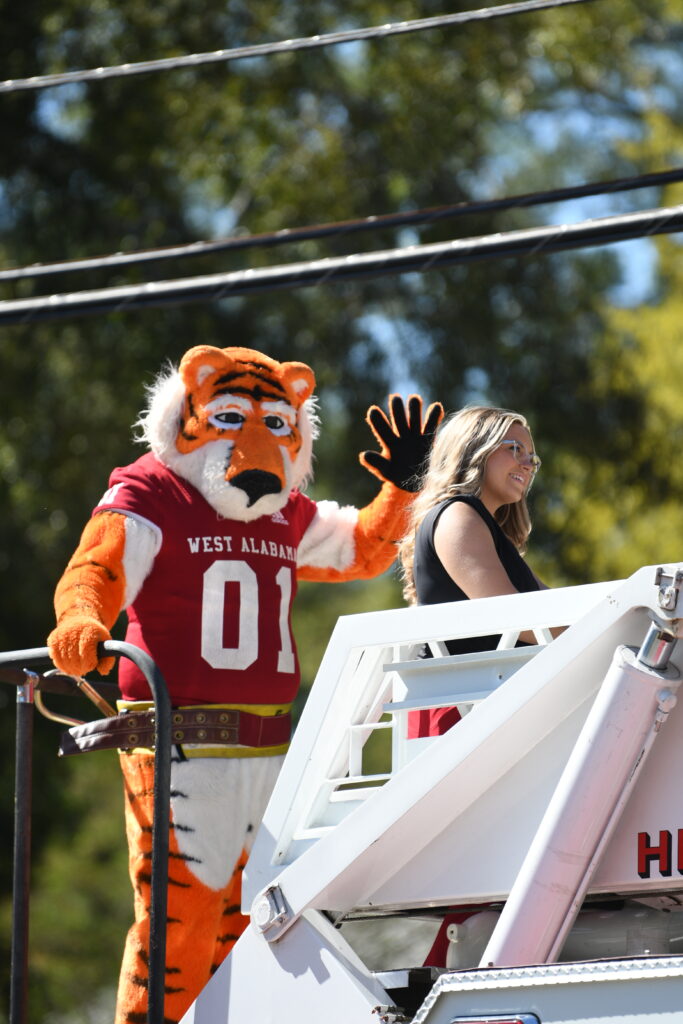
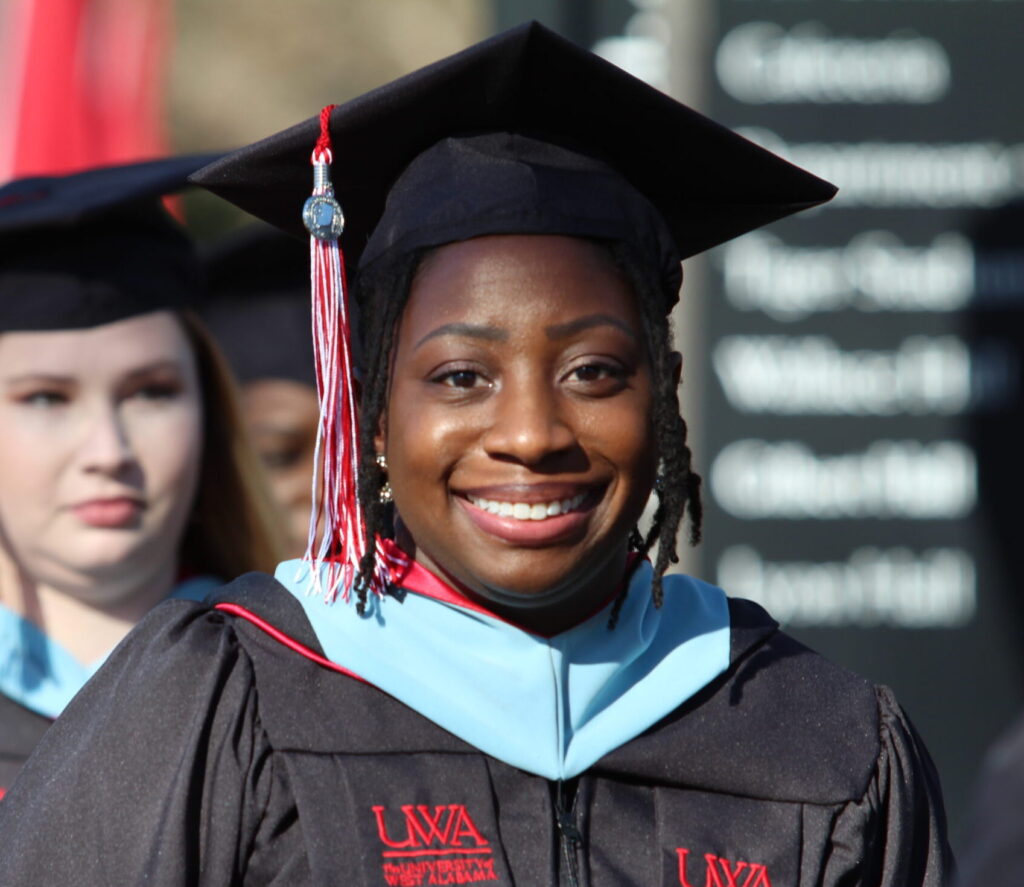
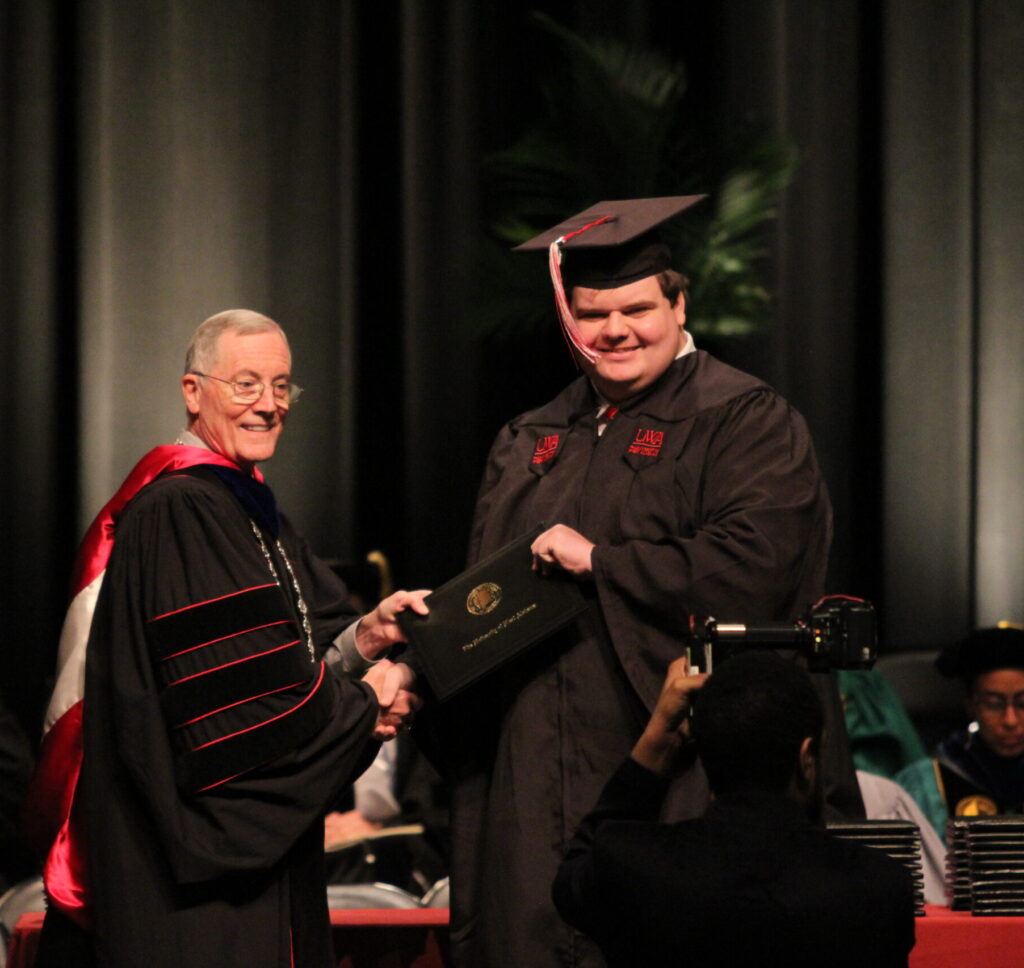
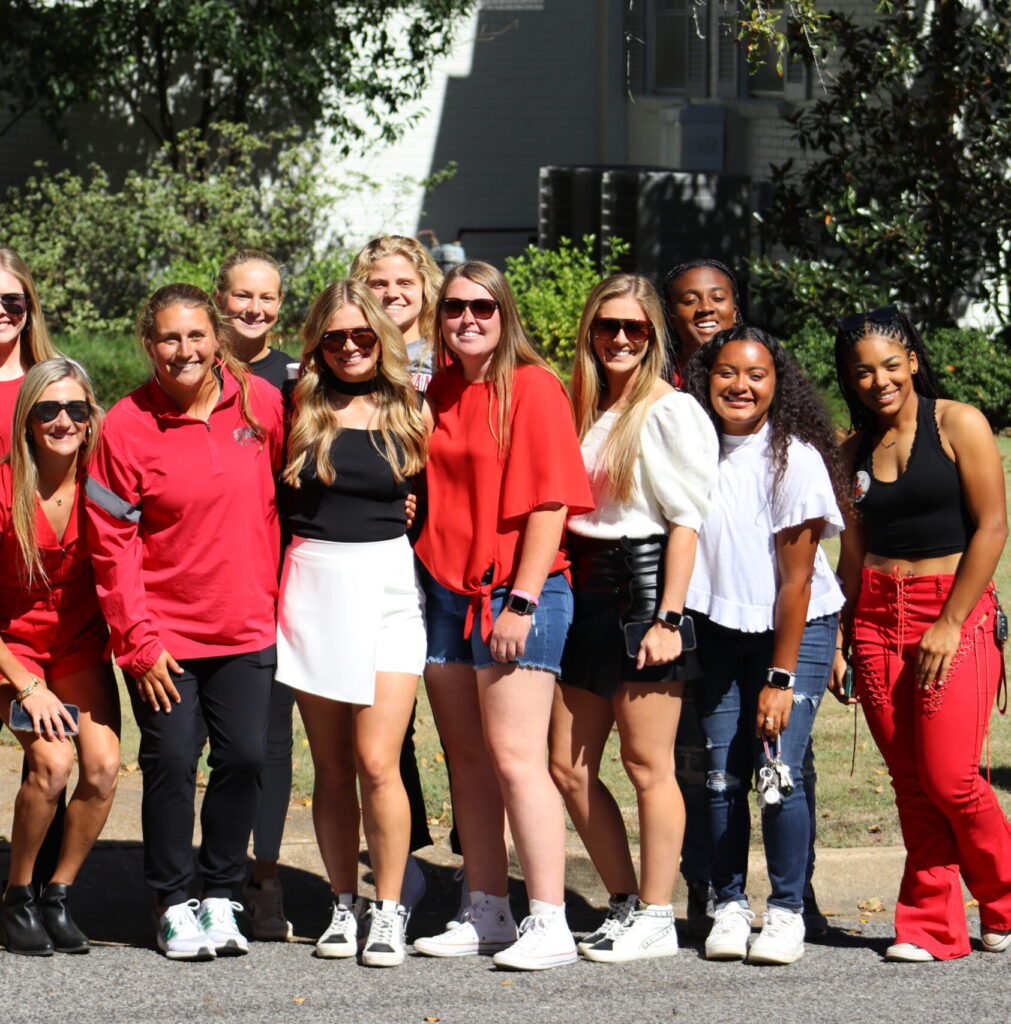
Financial Aid & Scholarships
Financial aid and scholarships provide invaluable opportunities for students to pursue higher education and achieve their academic goals. Financial aid encompasses various forms of assistance, including grants and fellowships, loans, work-study programs and scholarships. Financial aid and scholarships alleviate the financial burden of tuition fees, textbooks and living expenses, making higher education more accessible to students from diverse backgrounds. By supporting students’ financial needs, universities foster a culture of inclusivity, equal opportunity and lifelong learning.
Hear From Our Alumni
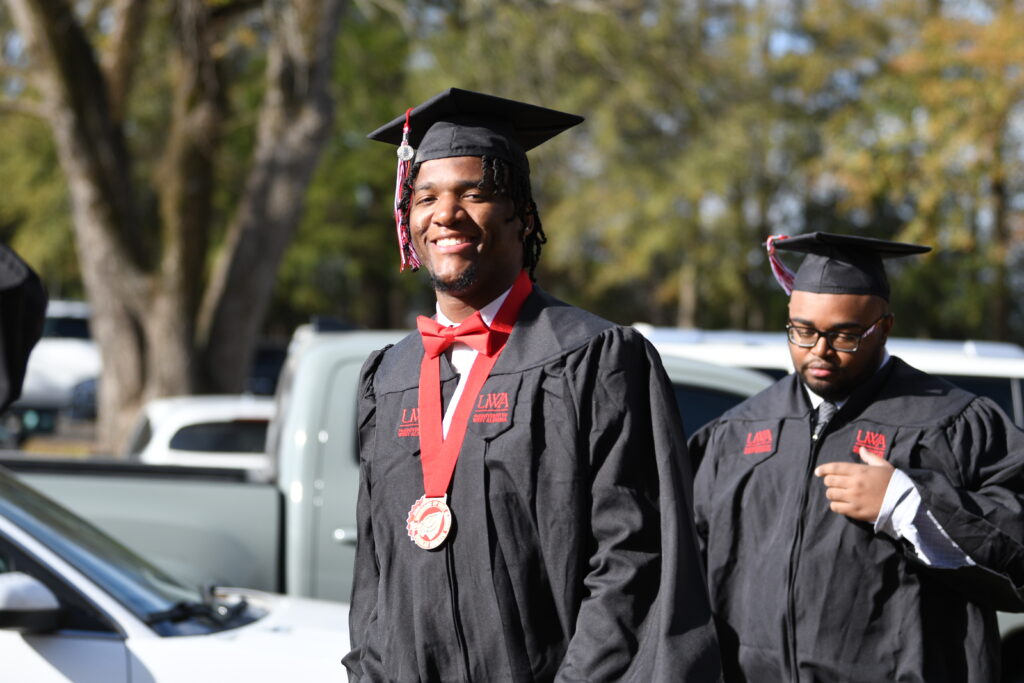
Frequently Asked Questions
Are you a prospective student or visitor looking for information quickly and efficiently? The frequently asked questions (FAQ) section on the university’s website answers common inquiries about admissions, tuition, programs, campus facilities and more.